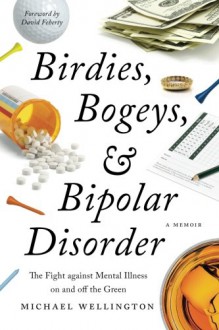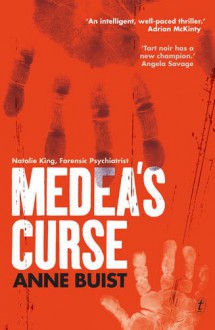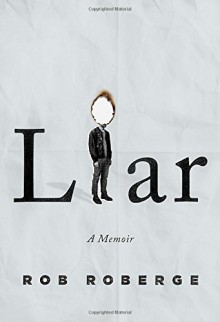
Forney was diagnosed with bipolar disorder in 1998. It took her years to get stable, but she managed it. After she published Marbles: Mania, Depression, Michelangelo, & Me (which I haven't read), comments from readers inspired her to write this book.
I requested this in order to read up on mental health-related graphic novels for work. This was much more text-heavy than I expected - not so much fun to read cover-to-cover, which I needed to do fairly quickly in order to finish it in time to write up some impressions for coworkers. But I'll admit that I got through it more quickly and easily than I probably would have if it had been a more traditional self-help book. The large comic-style text and illustrations were appealing and usually easy to follow.
Forney covered lots of topics: different therapy options, coping tools, dealing with insomnia (or the opposite, hypersomnia), dealing with meds (tips for remembering to take them, traveling with meds, side effects), identifying your warning signs, and the importance of setting up a support system and ways to do it. Although her advice was geared towards folks with bipolar disorder, those with other mood disorders or anxiety could probably also find useful information. As someone who, only this afternoon, had to deal with an anxiety-induced panic attack, I can confidently say that Forney's "put your face in a tub of ice water" trick actually does help.
Some of the advice Forney covered was the same stuff I've seen in other self-help books for depression, anxiety, etc., but she occasionally put a twist on some of it that I hadn't seen before and liked. For example, there are a lot of people who say "be kind to yourself, you wouldn't say that to someone you loved, right?" Which is all well and good but doesn't really make it easier to not beat yourself up over stuff. Forney had similar advice, but instead of just saying "you wouldn't say that to someone you loved," she presented a visualization exercise in which you imagine saying that to a child version of yourself, then imagine what you'd do if someone you loved did the same thing you were berating yourself about, then imagine treating your child self like you would someone you loved, and then finally treat yourself like that. Not a thing I've tried yet, but I really liked that page.
Like so many other self-help books, Forney also brought up meditation. One twist that she added that I liked was making walking meditation less boring by turning it into a story she actually wanted to participate in. She'd imagine that aliens had contacted her and told her that the area she was in was going to be destroyed. They had turned her whole body into a recording device, and they needed her to record as much as she could, with as many of her senses as she could. She had to be as much in the moment as possible, because any thoughts would disrupt the recording.
All in all, this was a good self-help book that was more text-heavy than I expected it to be, but still a quick read. I apparently read it at just the right time, too - I'm very grateful for that ice water trick.
(Original review posted on A Library Girl's Familiar Diversions.)

 Log in with Facebook
Log in with Facebook 









